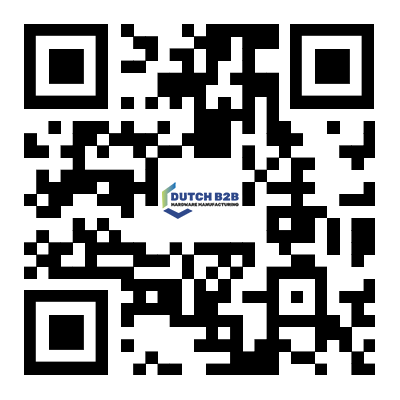What to know about industrial sewing machine?
2023-10-17
Industrial sewing machines are specialized machines used in various industries for sewing heavy-duty fabrics, leather, and other materials. They are designed to handle high-volume and heavy-duty sewing tasks, making them essential for businesses that require efficient and reliable sewing operations. Here are some key aspects to know about industrial sewing machines:
1. Construction and Durability: Industrial sewing machines are built with robust and durable materials, such as cast iron or steel, to withstand continuous and demanding use. Their heavy-duty construction allows them to handle thick materials and multiple layers with ease.
2. High Speed: Industrial sewing machines are capable of sewing at much higher speeds compared to regular home sewing machines. This increased speed significantly boosts productivity in commercial settings.
3. Stitch Variability: These machines offer various stitch options to suit different sewing requirements. Common stitch types include straight stitches, zigzag stitches, lockstitches, chain stitches, and more.
4. Specialized Functions: Industrial sewing machines come with a range of specialized features and attachments to perform specific tasks. For example, there are machines designed for garment sewing, upholstery, leatherwork, shoe-making, and other applications.
5. Foot Presser: Industrial sewing machines have adjustable foot pressers that allow users to control the pressure applied to the fabric. This feature is essential for sewing various fabric thicknesses effectively.
6. Feed Mechanism: The feed mechanism is responsible for moving the fabric through the machine as it is being sewn. Industrial sewing machines typically use four main types of feed mechanisms: drop feed, needle feed, walking foot, and puller feed, each suited for different materials and applications.
7. Thread and Bobbin Capacity: Industrial machines are equipped with larger thread and bobbin capacity, reducing the frequency of thread changes during continuous sewing tasks.
8. Noise and Vibration: Due to their heavy-duty nature and high-speed operation, industrial sewing machines can be louder and generate more vibrations compared to household sewing machines.
9. Skill and Training: Operating an industrial sewing machine requires proper training and expertise. Industrial sewing machines are more complex than domestic machines, and users need to understand their features and adjustments thoroughly.
10. Maintenance: Regular maintenance is essential to keep industrial sewing machines in optimal working condition. This includes cleaning, lubricating, and adjusting the machine as needed.
11. Cost: Industrial sewing machines are more expensive than typical home sewing machines due to their advanced features and durability. However, their higher productivity and longevity often justify the investment for businesses that rely on heavy sewing operations.
Industrial sewing machines are found in various industries, including apparel manufacturing, automotive upholstery, furniture production, footwear manufacturing, and more. They are an indispensable tool for businesses aiming to achieve efficient, high-quality, and consistent sewing results.


